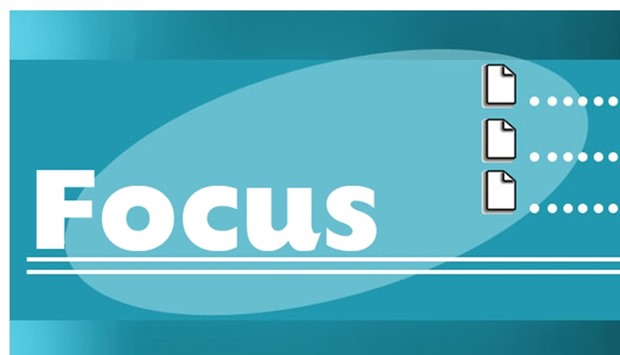The 13th session of the US-Islamic World Forum, organised by Qatar’s Ministry of Foreign Affairs and the Brookings Institution, concluded in New York City yesterday.
Held under the theme “Crisis and Co-operation”, the two-day Forum included working sessions on a number of important topics, with the participation of a distinguished elite of politicians, officials, academics, opinion leaders, businessmen, culture and media professionals from the United States and from all parts of the Islamic world.
The event represents an important occasion for strengthening the relations and co-operation between the Islamic world and the United States by correcting many misconceptions about the Islamic world and its current issues, especially that the vision of the State of Qatar, inspired by the directives of His Highness the Emir Sheikh Tamim bin Hamad al-Thani, seeks to highlight the bright face of Islam and Muslims and remove the stereotypes or misconceptions that have spread in recent years.
The second and final day of the Forum witnessed several discussions in two sessions. The first focused on the political future of Islam, and the future of traditional Islamists and their relationship with other groups and ideologies in the light of the current political realities in the Middle East and South Asia.
The participants also discussed the experiences of Islamic movements in national contexts, whether regional or geopolitical, and stressed the need to evaluate the mechanism of dialogue under ideological divisions and to identify the main issues that are not agreed upon by different political groups.
Meanwhile, the second session, entitled “Refugees and Cities”, aimed at reaching a number of recommendations on best practices for cities facing challenges related to migration, especially the political, economic and social challenges they face in dealing with the influx of refugees and migrants.
The participants stressed the need to understand the differences between refugees and migrants, including the special needs and protection of refugees under the international law.
The last session of the Forum discussed the post-conflict reconstruction in war-torn countries in the region. The participants also discussed the challenges posed by vulnerability in other regional countries to shed more light on the best possible way towards greater peace, stability and sustainability. They stressed the need to create a specific approach or policy to avoid the conditions that led to the outbreak of conflicts.
The Forum, organised by the Permanent Committee for Organising Conferences at the Foreign Ministry, kicked off on Sunday in New York.
The 13th session of the Forum discussed several issues related to the relations between the United States of America and the Islamic world, the Middle East peace process, economy, security, human development, science and technology, and the role of the press and media.
The Forum represents an opportunity to exchange views between the two sides on political, economic and scientific topics of common interest in order to reach practical results and solutions that serve the Islamic world.
The Forum addresses topics of significant importance, which include current crises, Arab opinion and identity, and how democracy and development are compatible with issues of religious freedom, in addition to issues related to social change, economic growth, culture, arts and women’s rights.
First held in 2011, the US-Islamic World Forum held all its 12 sessions in Doha with the exception of one held in Washington in April 2011. The Forum has worked and continues to build bridges of understanding between the United States and the Islamic world, and to create a strong network of relations between American and Islamic leaders at all levels, in order to promote the building of positive relations and provide opportunities for dialogue and exchange of ideas and views on common issues and solutions.

FOCUS
